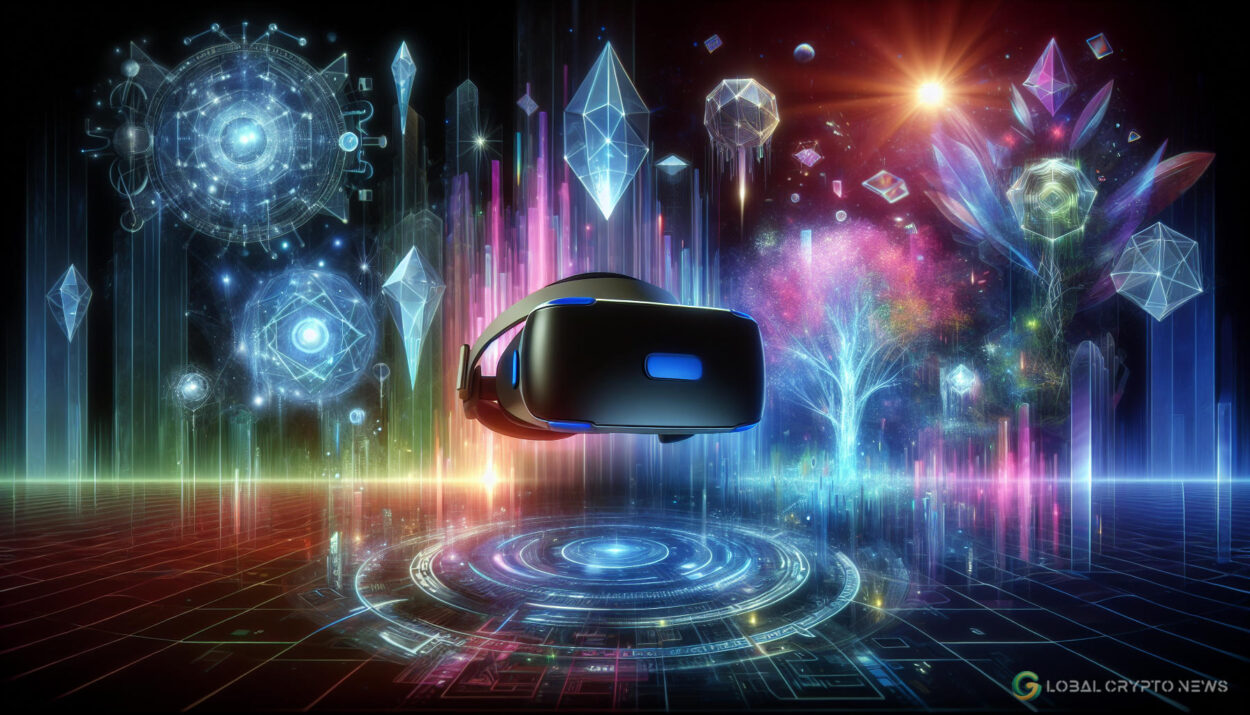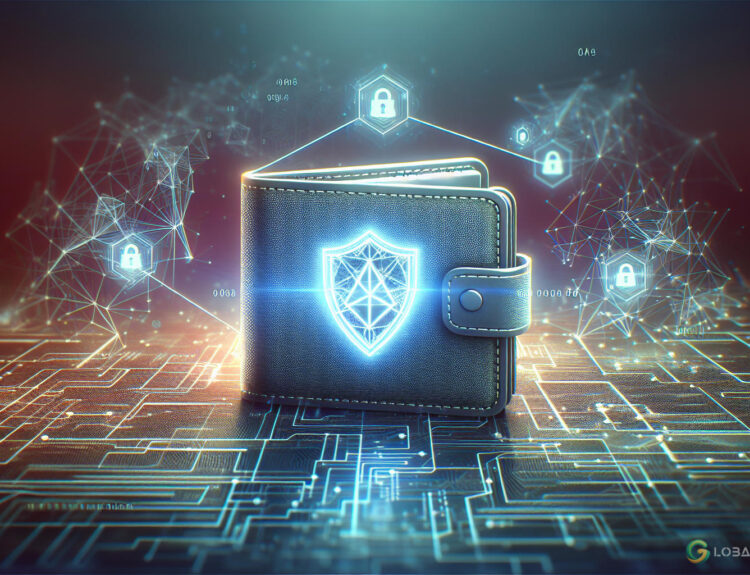While the initial excitement around the metaverse has subsided, several major brands continue to launch innovative virtual worlds. In October 2021, Mark Zuckerberg announced Facebook’s rebranding to Meta, emphasizing a future where virtual worlds would be central to daily life. Despite significant investments, Meta’s Reality Labs reported a $3.8 billion loss in the first quarter of this year, shifting focus to artificial intelligence.
Other companies have also ventured into the metaverse with mixed results. Disney, under ex-CEO Bob Chapek, called it “the next great storytelling frontier,” but the initiative was halted amid layoffs. However, Disney invested $1.5 billion in Epic Games to create a “new persistent universe,” notably avoiding the term “metaverse” in their press release.
Although the rise of AI has overshadowed virtual worlds, the metaverse is far from obsolete. Significant projects continue to emerge regularly.
McMetaverse
Earlier this month, McDonald’s Singapore introduced a new virtual world called My Happy Place within its app. Users can win exclusive prizes and merchandise, including a year of free meals. The games available allow players to build a burger or design their dream restaurant. NFT owners of McDonald’s Grimace character can unlock special wearables.
IKEA
Later in June, IKEA will launch a virtual universe on Roblox, marking the brand’s first major step into mainstream gaming. The Co-Worker Game allows players to experience working at IKEA, moving through various departments and performing tasks like rearranging showrooms and serving meatballs. Some players will even be paid £13.15 an hour, equivalent to the living wage in London, for participating. IKEA aims to attract a new generation of co-workers and highlight career progression opportunities within the company.
Wales in the Metaverse
The government of Wales has proven skeptics wrong by becoming the first European country to establish a presence in the metaverse. Hosted on Spatial and created by the national tourism board, this platform aims to give visitors a taste of Welsh destinations and attractions. Users can explore a historic castle, take a cable car ride, and enjoy authentic Welsh music. Importantly, VR headsets are not required, as the experience is accessible via smartphones, tablets, and laptops. Tourism Minister Hannah Blythyn stated:
“The Wales metaverse has been created to reach new audiences — wherever they may be in the world — and inspire them to visit our awesome nation for real. By showcasing some of the best Wales has to offer visitors in this incredibly innovative way, we’re putting Wales in an online sphere where millions of people already meet every day.”
These recent projects demonstrate ongoing enthusiasm for the metaverse. As virtual reality headsets become more affordable and efficient, consumer interest in exploring these digital worlds is likely to increase.
For the latest updates and news on cryptocurrencies, investing, and finance, continue exploring Global Crypto News.






















